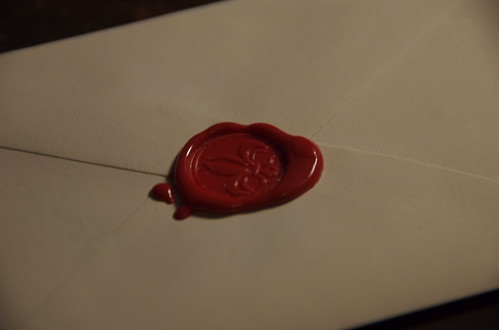Background Information/Vocabulary
- "new broom" (p. 439)--I've heard this in the context of the saying "new brooms sweep clean," which means that when new people take charge of something they often get rid of the old people/old ways of doing things. So I don't know if Amy and Laurie are reacting against that or what, but this seems like Laurie acknowledging their inexperience (which is a new thing for both of these characters!)
- "conjugal" (p. 450)--relating to marriage
- "canonized" (p. 460)--in this context, canonization is the process through which the Catholic Church officially recognizes saints. Jo means that Beth's death has turned her into a saint for the March family.
- "weal and woe" (p. 461)--"weal" here means well-being or prosperity, and "woe" means sadness, so the phrase essentially means "good and bad."
- Demi's characterization is a bit strange: Mr. March is held up as a paragon of manhood throughout the book, but when Demi follows in his footsteps by showing an inclination toward philosophy, it makes everyone nervous and he has to prove that he is "a true boy."
- I always forget how close to the end this poem is, but I don't think we'd appreciate it as much earlier in the book. It's a nice look back, and a nice summary of what has become of these characters.
- Some critics have complained about Jo winding up married after all, but I think she does it in such a Jo-like ("Joian", as Laurie says) fashion--insisting on doing her share, saying that even for Professor Bhaer she wouldn't give up her work, even kissing him in the street--that it feels all right to me.
I think it's noteworthy that a book remembered almost universally as "so sad" (because of Beth) in fact has this impossibly happy ending. Everyone winds up with what they truly wanted all along. There's the ominous concern over Amy's daughter, but even that is mitigated by Marmee's hopefulness. (It sounds like she's not ill but perhaps prone to illness--which, in those days, was really nervewracking because common childhood ailments were often deadly.) I will mention that this book has two sequels, although together they kind of feel like parts one and two of this book. Both focus on the students at Plumfield; Little Men is the story of their childhoods and Jo's Boys follows them into young adulthood.
Question for readers:
If you could change one thing about this story, what would it be, and why?


























